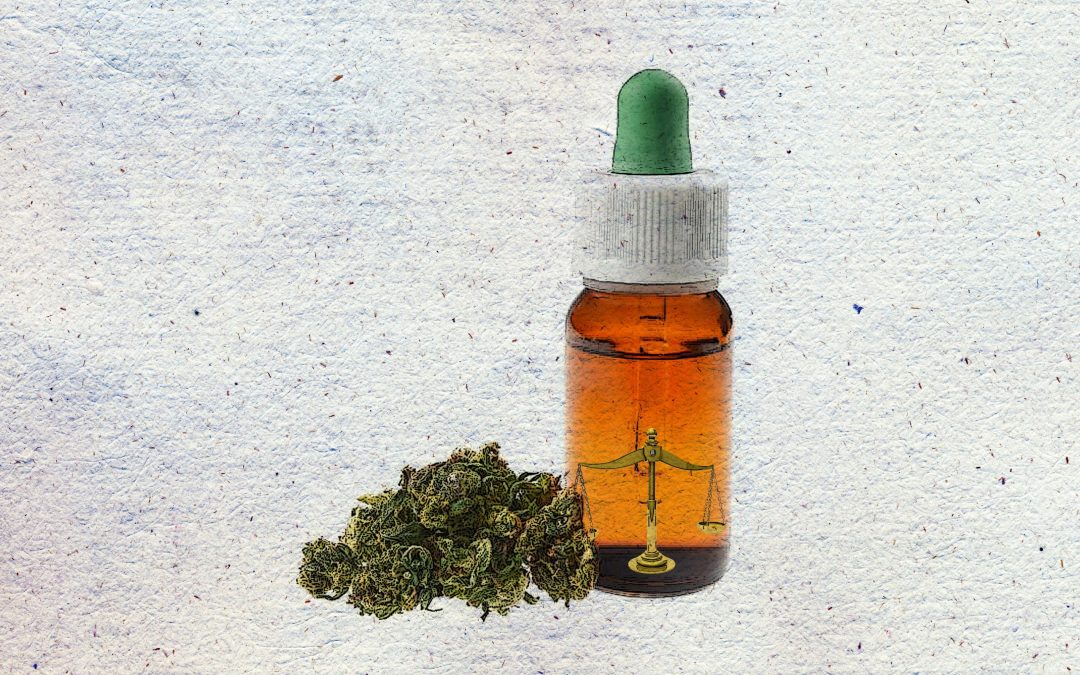Epidiolex Cannabidiol (CBD) was approved by the FDA in 2018 to treat seizures in people (primarily children) with Lennox-Gastaut syndrome and Dravet syndrome. While CBD remains on the DEA Schedule I list, it has been decriminalized in 47 states. As a result, thousands of CBD products such as oils, tinctures, pills, and liquids used in vaping devices are now widely available in retail stores and online. However, there are currently no uniform standards or widely accepted testing certifications for CBD.
In regard to federally mandated drug testing, MROs must follow the current DOT rules and HHS mandatory guidelines, which state that medical marijuana and CBD products that cause a donor to test above the DOT urine cut-off for THC must be reported as a positive drug test. Consequently, a number of lawsuits have already been filed against manufacturers of CBD oil from customers who relied on the labelling that the product contained only trace amounts of THC or none at all, but still tested positive for THC. But how does an employer form its compliant legal strategy when dealing with medical marijuana anti-discrimination claims, CBD oil, prescription opiates and impairing substances in the workplace—while at the same time reducing the risk of administrative claims and/or litigation?
6 Tips to Reduce Legal Risks
1. Update job descriptions to include “safety sensitive position” and the ability to work in a constant state of alertness and safe manner as an essential job function.
2. Update drug-free workplace policies to bring them into compliance with state laws and to include a pre-duty impairing effects disclose safety policy for safety sensitive employees and notice of how medical marijuana cardholders may make a reasonable accommodation request.
3. Treat all impairing effect prescription medications and substance equally as a safety risk to reduce the risk of medical marijuana anti-discrimination claims.
4. Notify employees of your policy that the claimed use of CBD oil shall not be considered a medical excuse for a positive marijuana test.
5. Train hiring personnel and supervisors to engage in the interactive process when dealing with cardholders in the 15 medical marijuana anti-discrimination states.
6. Obtain a written fitness for duty opinion from an Occupational/MRO Physician before you take adverse employment action against a medical marijuana cardholder in one of the 15 medical marijuana anti-discrimination states.
Source: Constangy, Brooks, Smith & Prophete LLP

